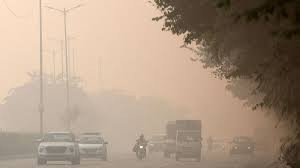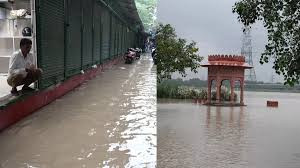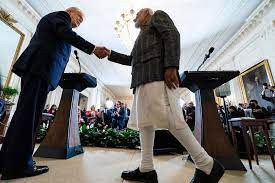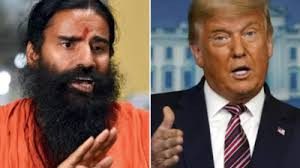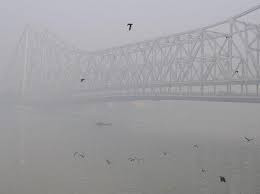Bilawal Bhutto Warns India: "Either Our Water Flows Through Indus, or Their Blood" Amid Pahalgam Terror Attack Fallout
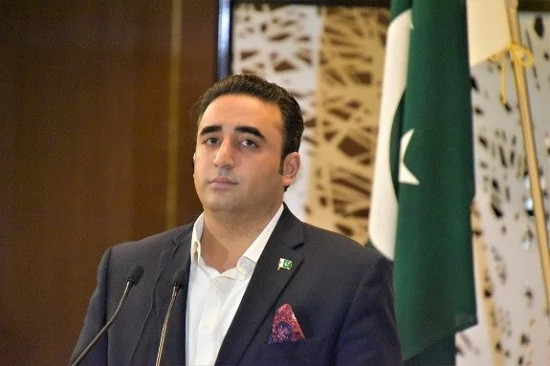
IIE Digital Desk : Bilawal Bhutto Zardari, Chairman of Pakistan People's Party (PPP), issued a stark warning following India's suspension of the 1960 Indus Waters Treaty. The treaty, which governs the sharing of water from the Indus River system, has been a cornerstone of bilateral relations for decades. India's recent actions, including halting water flow to Pakistan and closing the Wagah-Attari border, have intensified hostilities.
The immediate trigger for India's measures was a deadly terrorist attack in Pahalgam, Indian-administered Kashmir, on April 22, 2025, which resulted in the deaths of 26 civilians. Indian officials have accused Pakistan-based militants of orchestrating the assault, a claim Islamabad vehemently denies. In retaliation, India suspended the Indus Waters Treaty, a move that has drawn sharp condemnation from Pakistan.
Bilawal Bhutto Zardari condemned India's suspension of the treaty, stating, "If India dares to stop our water, we will not hesitate to stop their blood." He emphasized that Pakistan has exclusive rights over the western rivers under the treaty and warned that any attempt by India to divert these waters would be considered an "act of aggression." The PPP Chairman also criticized India's broader approach to water resource management, calling for consensus-driven policies to avoid controversy.
The Indus Waters Treaty, brokered by the World Bank and signed in 1960, allocates the waters of the Indus River system between India and Pakistan. Under the agreement, Pakistan has control over the western rivers—Indus, Jhelum, and Chenab—while India controls the eastern rivers—Ravi, Beas, and Sutlej. The treaty has been hailed as one of the most successful water-sharing agreements globally. However, recent developments have put its future in jeopardy.
In response to India's actions, Pakistan has suspended all air traffic from India and closed its airspace to Indian airlines. Military exchanges have intensified along the Line of Control in Kashmir, and both nations have engaged in symbolic deportations across the Wagah-Attari border. The situation has led to disruptions in international travel and heightened fears of further escalation.
The United Nations has urged both countries to exercise restraint and resume dialogue to de-escalate the situation. However, with public sentiment in both nations running high, diplomatic efforts face significant challenges. The Pahalgam attack, one of the deadliest in recent years, has further strained relations, with calls for strong retaliatory measures gaining momentum in India.
The international community watches closely, concerned about the potential for further conflict between two nuclear-armed neighbors. The coming days will be crucial in determining whether diplomacy can prevail or if the region will be drawn into a deeper confrontation.
You might also like!


